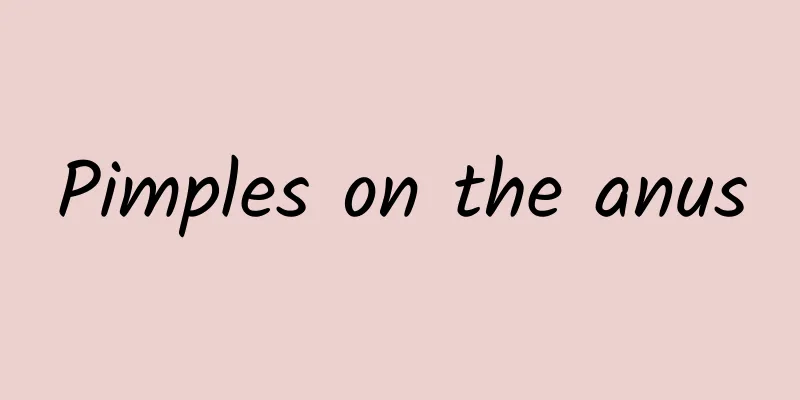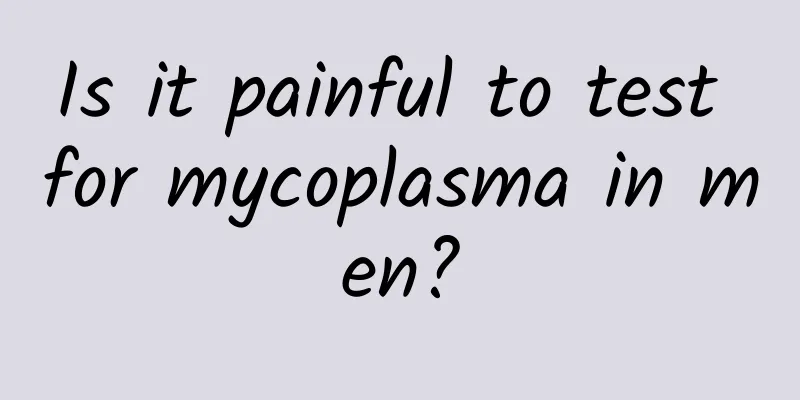Why should Chinese medicine be taken hot?

|
When we take Chinese medicine, we usually heat it up before drinking it, but why should we drink it hot? On the one hand, drinking it hot has a good protective effect on the stomach. On the other hand, drinking it hot is also very beneficial for maintaining the efficacy of the medicine. However, according to relevant sources, whether Chinese medicine should be taken hot or cold depends on the type of medicine. Some Chinese medicine needs to be taken warm, that is, the temperature should be within 37 degrees, but some Chinese medicine may be better taken cold. Should I drink Chinese medicine hot or cold? When it comes to traditional Chinese medicine, many people's understanding of it only remains at the personal level. In fact, for Chinese medicine, after it is evenly mixed and decocted, there will be a choice of temperature. So should we drink Chinese medicine hot or cold? Traditional Chinese medicine is very particular about the temperature at which Chinese medicine is taken. There are more than ten ways to take Chinese medicine, and there are three specific temperatures for the medicine: warm, hot, and cool. 1. Generally, Chinese herbal decoctions should be taken "warm", that is, the decoction should be filtered out immediately after boiling, and then allowed to cool to 30℃~37℃ at room temperature before drinking; Chinese patent medicines such as pills and powders should be taken with warm boiled water, which is also a kind of warm taking. 2. Traditional Chinese medicine that dispels wind and cold should be taken hot, and you can eat some hot porridge or hot water after taking it to help the medicine work. However, detoxifying and heat-clearing medicines, especially traditional Chinese medicines for relieving summer heat, are more effective when taken cold. 3. In southern my country, some "cold teas" that are often taken in summer are actually a type of Chinese medicine. As the name suggests, many herbal teas are best drunk after they have cooled down, as they are more effective in cooling down and relieving heat. Regarding taking Chinese medicine, there is an old saying in traditional Chinese medicine: "Take hot medicine for yang disease and cool medicine for yin disease." Therefore, whether to take cold or hot medicine should be analyzed according to the specific situation. Medicines for treating fever can be taken cold, while medicines for treating cold symptoms should be taken hot. Patients can control the temperature of taking medicine according to their own situation. Generally, patients with "yang disease" often show symptoms of heat, such as fever all over the body, thirst, dry stool, short and yellow urine, red tongue, yellow tongue coating, rapid pulse, etc., while "yin disease" often shows symptoms of cold, such as aversion to cold and fever, no sweating, cold pain in the abdomen, cold limbs and lethargy, pale tongue, thin white coating, etc. Finally, there is a little trick in Chinese medicine prescriptions. Generally speaking, most of those called "soup" are taken hot, while most of those called "drink" need to be taken cold. In order to ensure the efficacy of traditional Chinese medicine and enable it to better play its therapeutic role, it is necessary to avoid certain foods when taking traditional Chinese medicine. Let’s take a look at the taboos when taking Chinese medicine. Taboos during taking Chinese medicine 1. Do not eat spicy food Foods like peppers, leeks, garlic, wine, ginger, etc. belong to this category. 2. Avoid eating fishy foods We all know that foods from the sea or rivers are more prone to allergies because they contain a lot of foreign proteins. Therefore, when taking Chinese medicine, try not to eat fish, crabs and other foods. 3. Not suitable for eating hair-related foods Such foods include mushrooms, bamboo shoots, pumpkins, etc., because these foods can stir up wind, generate phlegm and increase fire, and they are not helpful for physical diseases and may even cause harm. 4. Don’t eat raw or cold food Most of these foods are cold in nature and are used to clear away heat and quench thirst. They are suitable for heat-related diseases. However, these foods are not good for the stomach and intestines. If you want to eat them, it is best to steam them before eating. 5. Don’t eat too greasy food We all know what greasy foods are, and such foods seem to be very popular, but these foods have a bad effect on our stomach, intestines and spleen, and will also weaken the effectiveness of our medicines. 6. Don’t drink stimulating beverages These are our daily drinks, including the very popular coffee and tea. We should try not to drink these drinks when taking Chinese medicine. |
<<: What happens if the dosage of Chinese medicine is too large?
>>: How long after a meal can I take Chinese medicine?
Recommend
Can I donate blood while I am pregnant?
Good conditioning is very important during the pr...
The efficacy and function of fish glue can improve appetite and treat constipation
Fish maw is a product that can beautify the skin ...
Can I drink soy milk if I have hypothyroidism?
Hypothyroidism is a common disease in daily life....
Endocrine disorders? This kind of conditioning is absolutely amazing!
If the endocrine system is out of balance, it wil...
Symptoms of postpartum depression
Many women have some adverse conditions after giv...
The efficacy, effects and contraindications of Magnolia officinalis flower
Magnolia flower is the flower bud of the Magnolia...
How to deal with pre-marital anxiety
In recent years, pre-marital anxiety has shown a ...
What causes leg numbness and weakness?
Nowadays, people's physical condition is gett...
Traditional Chinese medicine diet therapy for those who sleep late
Chinese medicine diet therapy for girls staying u...
How to cure blister-type athlete's foot
Many people will suffer from athlete's foot i...
Can I eat fruit if I have vomiting and diarrhea?
Most people have experienced the pain of diarrhea...
For adolescent girls to enlarge their breasts, these three recipes are the most effective
For girls in puberty, if they can make some adjus...
Can I eat Tremella, Coix Seed and Red Beans during my period?
The menstrual period is a critical period for wom...
What are the traditional Chinese medicines that cool the blood? Don’t miss these detoxifying remedies!
Traditional Chinese medicines for cooling blood g...
How to treat scrotal herpes? Eliminating the cause is the key
Scrotal herpes is a highly contagious disease tha...









